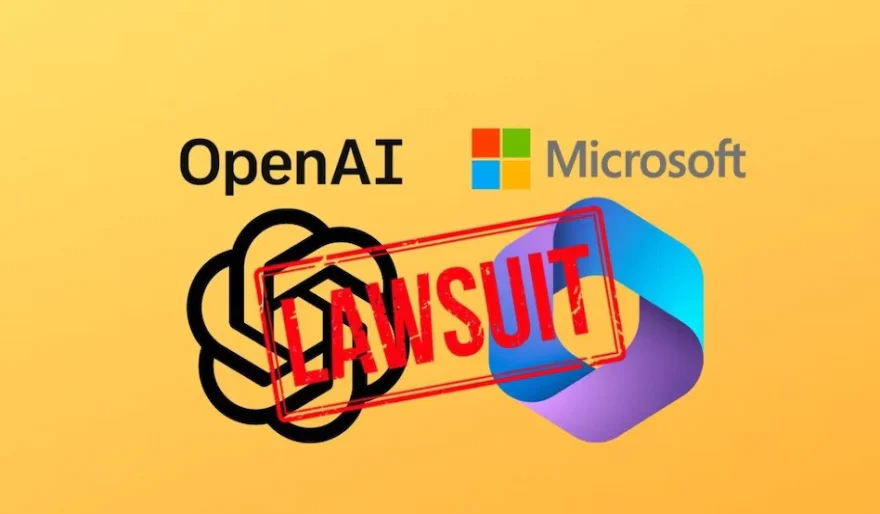Stay Ahead of the Curve
Latest AI news, expert analysis, bold opinions, and key trends — delivered to your inbox.
The Center for Investigative Reporting has filed a lawsuit against OpenAI and Microsoft
4 min read The Center for Investigative Reporting (CIR) has sued OpenAI and Microsoft for copyright infringement, alleging that the training of AI models like ChatGPT and Copilot involves unauthorized use of copyrighted material. July 01, 2024 07:13
The Center for Investigative Reporting (CIR), a non-profit investigative journalism organization, has filed a lawsuit against OpenAI and Microsoft. The lawsuit centers around alleged copyright infringement related to the training data used by OpenAI's large language models, like ChatGPT and Copilot.
CIR's Argument: Free Content, Not Free Ride
The CIR produces investigative journalism content through Mother Jones and Reveal. Their lawsuit claims OpenAI used their content, along with content from other news outlets and authors, to train its AI models without permission or compensation.
Here's how the CIR sees the situation:
- Unfair Advantage: By using copyrighted material without permission, OpenAI and Microsoft gained an unfair advantage in developing their AI models.
- Threat to Journalism: The lawsuit argues that AI-generated summaries of news articles could threaten the financial viability of news organizations, as readers might turn to these summaries instead of original reporting.
OpenAI and Microsoft Yet to Respond Publicly
As of today, neither OpenAI nor Microsoft has publicly commented on the lawsuit. However, this isn't the first time these companies have faced legal challenges regarding copyright infringement in AI training data.
A Growing Legal Battleground
The CIR lawsuit is part of a larger trend:
- The New York Times and Others Sue: The New York Times, along with other major news organizations, have also filed lawsuits against OpenAI and Microsoft for similar reasons.
- Authors Speak Up: Authors like John Grisham and Jodi Picoult have also sued these companies over the use of their copyrighted works in training AI models.
The Future of AI and Copyright: Finding a Balance
The CIR lawsuit raises crucial questions about the future of AI and copyright:
- Establishing Clear Rules: The legal system needs to establish clear guidelines regarding how copyright applies to AI training data.
- Fair Compensation for Creators: Finding a way to ensure creators are fairly compensated for their work, even if it inspires AI-generated content, is essential.
- Transparency and Responsible Development: AI companies need to be transparent about their data sources and ensure they comply with copyright laws.
The outcome of the CIR lawsuit could have significant implications for the development and use of AI. It will be interesting to see how the courts navigate this complex issue and establish a framework for responsible AI development that respects intellectual property rights.



















 AI Agents
AI Agents